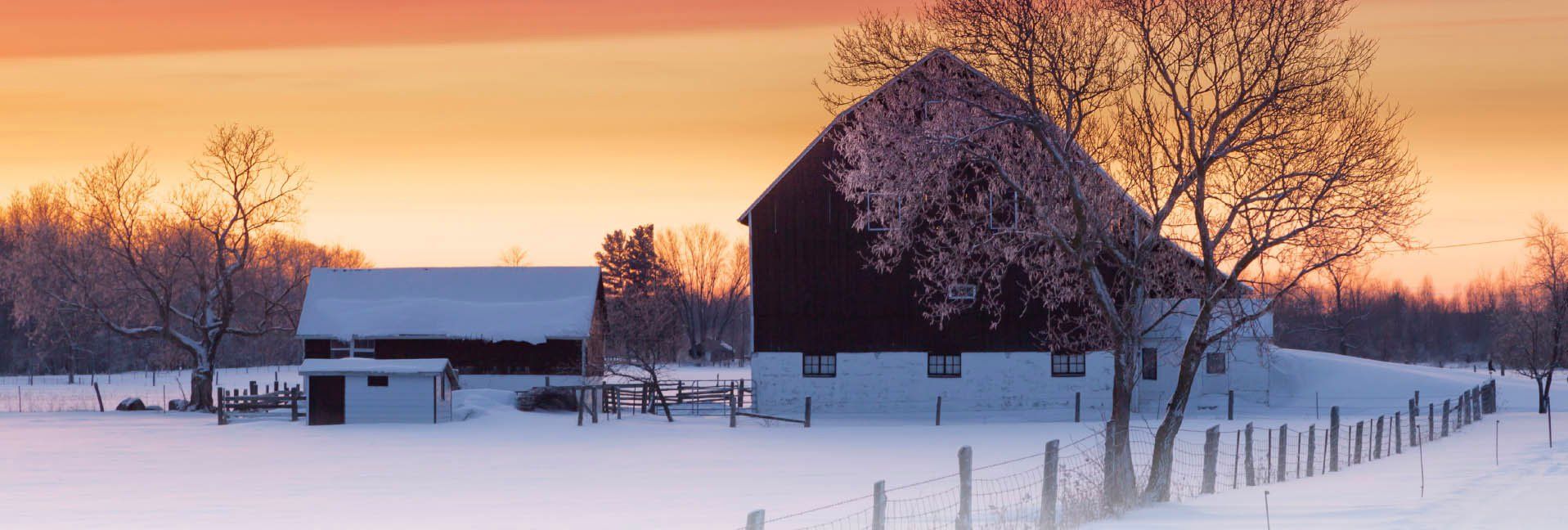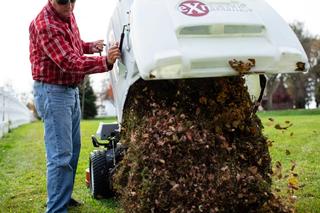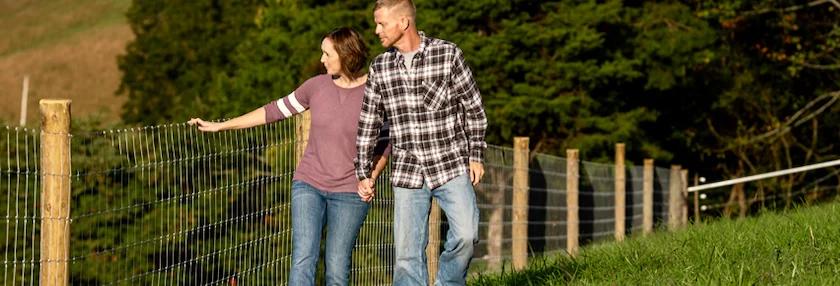Tips to prepare your home for winter vacation


Living the acreage life sometimes means foregoing a summer vacation. Although the kids are out of school, few folks can get away when the crops need planted, tended, or harvested. But that doesn’t mean you can’t take any vacation. Many folks save their vacation time for a ski trip in the mountains, or for when the beaches are not overcrowded.
Taking your vacation in the winter months, though, presents a different set of problems. Cold weather and high winds can cause damage to an empty house. If you want to get away from it all and still have peace of mind that everything is okay at home, use the following checklist to prepare for your winter vacation.
Secure your allies
No matter what time of year you travel, making your home look occupied while you’re gone deters vandals and thieves. Have the post office hold your mail or ask a neighbor pick it up every day. Your neighbor is your best ally when you are traveling because they are your eyes and ears at home. Provide them with your contact information in case anything happens that needs immediate attention.
Arrange for snow removal in advance, in case it snows while you’re gone. Be sure to communicate to the contractor that you want the house to look like someone is home. Otherwise, if your return is not imminent he may be tempted to just let the snow melt.
If you have a home security system, notify the company that your house will be empty. Also, while true any time of the year, notify your credit card companies that you will be traveling.
Unplug all unnecessary appliances
Depending on how long you plan to travel, you want to keep your refrigerator and freezers plugged in, but not your toaster or hair dryer. Small, heat-generating appliances are notorious for starting fires. According to their Topical Fire Report Series, the National Fire Data Center ranked appliances as the fifth-leading cause of residential fires between 2013-2015.
And, if you intend to keep the electricity on, unplugging everything will save on your power bill by reducing phantom loads.
Clean the house
If you’ve ever come home from a vacation to a kitchen overrun with mice, you know they love to play in abandoned homes. After taking out the trash, wash and dry the cans. Put open loaves of bread, fruit, or other food items you normally keep on the counter in the refrigerator, or give them away.
Use dryer sheets, or cotton balls moistened with a few drops of peppermint oil, as a deterrent in the bottom of your trash cans, drawers, cupboards, and along base boards. Wash all dirty dishes and put away. Also, clean out the refrigerator of anything that will mold and leave unwanted odors.
If you have pets that will be boarded or joining you on vacation, vacuum all furniture and carpets to eliminate the proliferation of fleas. Don’t forget to toss your vacuum bag, too. Also, scrub, disinfect, and dry your bathroom. A moist bathroom left closed up will generate mold.
Adjust your furnace temperature
Assuming your furnace is well-maintained, you want to keep it on while you are gone. You don’t need to provide comfort; just keep the temperature high enough to keep pipes and house plants from freezing. Generally, experts recommend 50°F. While you’re at it, lower the temperature on your hot water heater, or turn it off altogether, to save on electricity or propane.
Still unsure about the effect of winter temperatures? Then invest in an internet-enabled thermostat that lets you see the in-house temperature on a smartphone and if need be, turn it up a few notches from wherever you are.
Drain your pipes
Burst water pipes in an unoccupied house cause tremendous damage. According to the Insurance Information Institute, water and freezing damage accounted for 45 percent of homeowner insurance losses in 2015.
If you do not have a furnace, or if there’s a chance of a power outage while you’re gone, drain your pipes to prevent them from freezing. To do this, turn off your water main. Then open all your taps until the water stops coming. Starting at your top story, start flushing the toilets to empty the water from the tanks. Next, apply bursts of air into all the main drains using an air compressor. This will force water out that may freeze. Finally, pour a non-toxic antifreeze into all the sink and tub drains. If you don’t feel confident draining your pipes on your own, call a plumber to do it for you.
Don’t forget your outdoor spigots and hoses. If you have hoses attached to outdoor faucets for watering animals, detach them from the spigots, drain, and store.
Stow away flying missiles
Winds can be high in the wintertime. If you have things that could go flying around in the yard like chicken waterers, trash cans, or patio furniture, stow them away before you leave. You might also check for tree branches that could damage your house. Having a branch come down when you’re home would be terrible. Having one come down when you’re a thousand miles away would be catastrophic.
That’s a telephone call from the neighbors that you don’t want to get.
Be on vacation
If your busy season is during the warm, summer months, by all means, batten down the hatches and take a winter holiday. Whether you plan to lay on a tropical beach or go skiing in the mountains, relax. Follow this checklist and you can!
Tags:Seasonal Living

Acreage Life is part of the Catalyst Communications Network publication family.
















